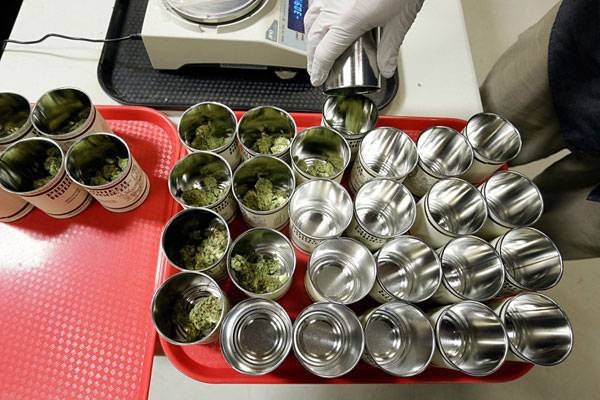There are always alternatives. But the bureaucrats and know-it-all medics refuse to accept them.
EMDR is designed to help the brain unlock traumatic memories and reprocess them into more positive thoughts. During a session, the client may be asked to focus on a memory while stimulation is used such as eye movements, tapping or sounds. After each association is processed, the "bilateral" stimulation continues until the original issue is no longer disturbing.
Story @ Alternate PTSD Therapy for Vets Ruffles VA Feathers, but Shows Results | Military.com
EMDR is designed to help the brain unlock traumatic memories and reprocess them into more positive thoughts. During a session, the client may be asked to focus on a memory while stimulation is used such as eye movements, tapping or sounds. After each association is processed, the "bilateral" stimulation continues until the original issue is no longer disturbing.
Story @ Alternate PTSD Therapy for Vets Ruffles VA Feathers, but Shows Results | Military.com





